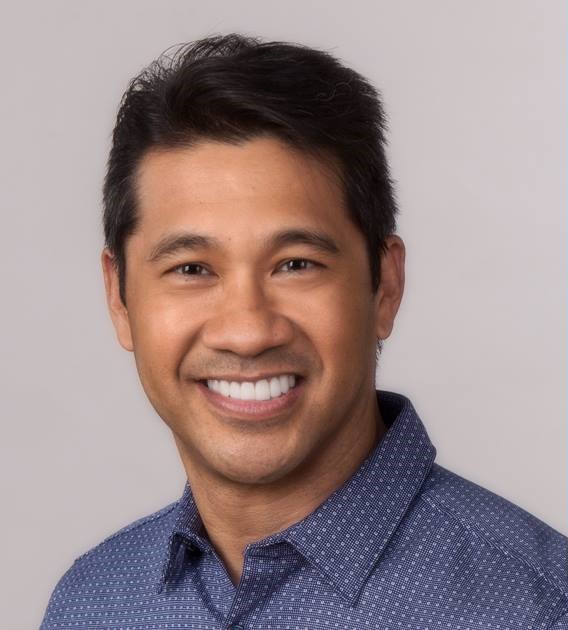As we explore the vast and diverse terrain of medical specialties, we come across one field that, while indispensable, often remains shrouded in misunderstanding - urology. This crucial branch of medicine deals with diagnosing and treating conditions related to the urinary tract, a system vital to our bodies' function, and the male reproductive system. Both men and women can experience significant health impacts due to conditions in these areas. Even so, urology remains an enigma, with myths and misconceptions surrounding it that bar people from gaining a deeper understanding and awareness. Among the leading voices in this field, Dr. Mark Cabelin, a renowned Urologist based in Chicago, Illinois, stands out. Working as a part of Interstate Urology, Dr. Mark Cabelin provides both short-term and long-term coverage services for urology clinics, helping distressed communities and hospitals across the nation. His focus involves the diagnosis and treatment of problems related to the kidneys, ureter, and bladder. Together, let us embark on this enlightening journey to demystify urology with Dr. Mark Cabelin as our guide, shedding light on its vital role in maintaining optimal health.
One prevailing myth is that urology is exclusively a male domain. While it's true that urologists manage conditions related to the male reproductive system, they also specialize in female urology. Women, too, can face a myriad of urological issues, including urinary incontinence, bladder infections, and pelvic floor disorders. By dispelling the notion that urology is solely concerned with male health, we can encourage women to seek the appropriate care and foster a more inclusive understanding of this medical field.
Another common misconception revolves around age – the belief that urological concerns only arise in older individuals. The reality is that urological issues can affect people of all ages. Pediatric urology deals with congenital conditions in children, ranging from kidney abnormalities to urinary tract infections. Moreover, young adults might encounter reproductive health challenges or kidney stones. By recognizing that urology spans the entire age spectrum, we can encourage proactive healthcare and early intervention.
One of the pervasive myths that hinders open discussions about urology is the stigma surrounding conditions like erectile dysfunction (ED). Many associate ED with age, assuming it's an inevitable consequence of getting older. However, ED can result from various factors, including underlying health conditions, stress, or psychological factors. Dispelling the age-related myth not only opens the door for candid conversations about sexual health but also emphasizes the importance of seeking medical advice to identify and address the root causes of such issues.
Often masked by misconceptions, the field of urology is widely thought to deal only with treatment of existing conditions. However, this couldn't be further from the truth as urology also plays a significant role in preventive healthcare. Regular urologic check-ups can help in identifying potential issues at their nascent stage. Early detection enables timely intervention and facilitates better disease management. This preemptive approach to healthcare underscores the importance of regular screenings and check-ups even in the absence of overt symptoms. It accentuates the necessity of a proactive stance towards health, effectively challenging and debunking the common belief that urology becomes pertinent only when symptoms of a urinary tract problem or conditions related to the male reproductive system become evident. With the expertise of professionals like Dr. Mark Cabelin, this proactive and preventive approach to urologic health can be effectively implemented, ultimately paving the way towards a healthier nation.
Addressing the myth that only men should see a urologist, it's crucial to emphasize the importance of regular check-ups for both genders. Women might overlook the significance of urological care, assuming that their gynecologist covers all aspects of reproductive health. By debunking this myth, we empower women to take charge of their urological well-being and recognize the comprehensive nature of urological care.
A prevailing myth that contributes to delayed urological care is the belief that certain symptoms are too embarrassing to discuss. Shame and discomfort associated with symptoms like urinary incontinence or changes in bowel habits can lead individuals to avoid seeking medical help. It's essential to foster an environment where open conversations about urological symptoms are encouraged, destigmatizing these issues and promoting timely and effective care. Dr. Mark Cabelin Urologist
Urology's broad scope extends beyond treating conditions; it encompasses surgical interventions as well. Many people fear surgery and perceive it as a last resort. However, urological surgeries, whether for kidney stones, prostate issues, or other conditions, are often minimally invasive and come with advanced techniques that reduce recovery times. By dispelling the fear of surgery, individuals can make informed decisions about their healthcare, understanding that certain urological conditions can be effectively addressed through surgical means.
Urological health isn't restricted to the physical domain; it also extends to an individual's mental well-being. The prevailing myth that urology is strictly physical overlooks the profound psychological ramifications that conditions like infertility, sexual dysfunction or chronic pain can inflict. Recognizing the mental health implications of these urological conditions, and accordingly addressing them, cultivates a more all-encompassing and empathetic approach to patient care, a principle that Dr. Mark Cabelin emphasizes in his practice.
Another persistent myth is that urology is an isolated field, disconnected from broader healthcare considerations. In reality, urologists often collaborate with professionals from various specialties, recognizing the interconnected nature of health. Conditions like diabetes, hypertension, and autoimmune disorders can manifest urological symptoms, emphasizing the need for a multidisciplinary approach to patient care. Breaking down the myth of isolation promotes a more integrated and effective healthcare system.
Demystifying urology is a crucial step toward fostering awareness and encouraging proactive healthcare. By dispelling myths surrounding gender, age, preventiveness, embarrassment, surgery, and the holistic nature of urological health, we pave the way for informed conversations and a more inclusive approach to well-being. Urology, once unveiled and understood, emerges not as a mysterious realm but as a vital and integrated component of comprehensive healthcare, deserving of our attention and appreciation.





Comments